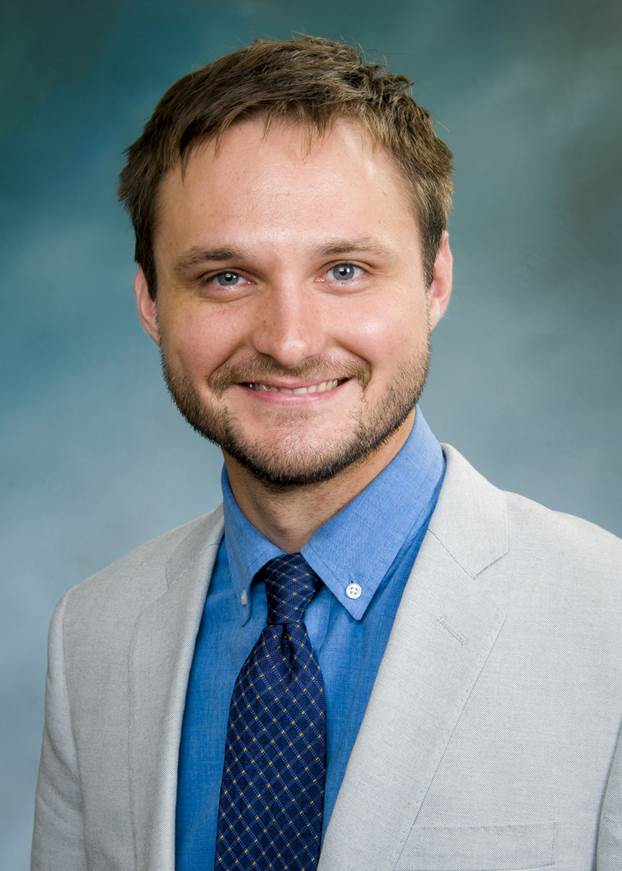Let’s talk about death. What? That’s not at the top of your list for breakfast conversation? Well, you’re not alone. Few of us want to discuss death, even though it is inevitable for us all [see “End-of-life Activists Ponder How to Die in a Death-averse Culture,” Dec. 27, Xpress].
As a physician working at MAHEC’s Family Health Center in Asheville, there are times I need to admit patients to the hospital. When I do, I ask a question about my patient’s values that spoils the illusion. If you are the patient, here’s what I ask you: “If your heart were to unexpectedly stop beating — in other words, if you were to die naturally — while you are in the hospital, what would you want the doctors to do?” Given you’ve come to the hospital to get better, my question may seem strange.
The scenario I’ve just posed is called cardiac arrest. It occurs about 200,000 times each year across the United States, often unexpectedly during hospitalization for routine care such as surgery, dehydration or infections.
The standard response to cardiac arrest is a “code blue,” where a medical team rushes to provide advanced cardiac life support, including cardiopulmonary resuscitation. Code blue is by no means gentle. Chest compressions must be vigorous enough to squeeze blood through the body and brain while the heart is not beating, which can result in broken ribs. A breathing tube is inserted in the throat. Pads placed on the chest deliver powerful jolts of electricity.
According to a large study in the The New England Journal of Medicine in 2013, only one in six patients who experience a code blue will survive to hospital discharge and some will have permanent neurologic disability as a result. In a similar study published this year, researchers found that among Medicare beneficiaries treated for in-hospital cardiac arrest, only one in 10 was still alive a year later.
The odds for meaningful survival are often surprising to patients. If their expectations about our ability to “bring people back from death” are unrealistic, it is likely because of the way these heroic measures are portrayed in our popular culture.
Researchers examining the medical television shows “Grey’s Anatomy” and “House” reported that half of the characters who received CPR in hospitals survived to discharge — three times more often than in reality. Advertisements for hospitals, pharmaceuticals and medical technology routinely tout life-sustaining miracles. No wonder many of us expect miracles and code blue care.
But for patients and their families, a code blue may be traumatizing and may cause profound and unnecessary suffering. This is especially true for those already suffering from chronic, life-limiting illness that make the odds of meaningful survival even lower. When equipped with this information, patients sometimes opt for an alternative — “do not resuscitate” — that directs medical providers to allow for a natural death in the event that their heart stops beating unexpectedly. DNR status applies only to the specific scenario of cardiac arrest and does not mean that doctors will delay treatment for other life-threatening medical conditions.
While we need not live each day in the shadow of death, I urge my patients to give their hospital and emergency care some thought and not assume that, just because a medical intervention exists, it is necessarily in their best interest.
— Casey Sharpe, M.D.
Asheville
Editor’s note: Sharpe reports that he is a family physician completing his third year of MAHEC’s Family Medicine Residency program in Asheville. He is interested in end-of-life care and has recently been selected for a MAHEC Hospice and Palliative Care fellowship.




WOW! Good too know!
Thanx Doc
Wow. Brutal honesty on the part of a doc. Refreshing honesty.
To answer the question of “what would you want me to do with your body post mortem”-
Donate my organs, throw a party for me and hopefully strippers would somehow be involved?
I’m curious if people realize what may be behind some of this kind of advice we’re getting from doctors.
Charlotte Allen wrote about this trend of doctors and hospitals to get peole to agree to go gently into that good night in a trenchant article she called, “Back Off, I’m Not Dead Yet,” the relentless effort to get people to sign so-called “Living Wills.”
http://www.washingtonpost.com/wp-dyn/content/article/2007/10/12/AR2007101201882.html
My doctor told me how costly it would be to keep me on life support if I didn’t have a “living will,” inadvertently revealing the economics behind this “medical” advice. A similar “invisible foot” wants us to sign DNR orders. It’s just too darn costly to keep us alive. Say yes to “Code Blue,” say no to “Living Wills.” (But do give someone a Durable Medical Power of Attorney, who will know what your particular wishes for end-of-life care are.)
On the one hand, you’re right: the American health care system forces us to second-guess the people we trust with our health and our lives because we don’t know what financial forces and incentives they’re operating under.
On the other hand, almost all doctors would choose to forgo high-intensity interventions for themselves:
https://io9.gizmodo.com/your-doctor-probably-has-a-dnr-heres-why-you-should-co-1702556735
A large number of the elderly or terminally ill who die in hospitals with tubes stuck in them would have been better served by hospice care.